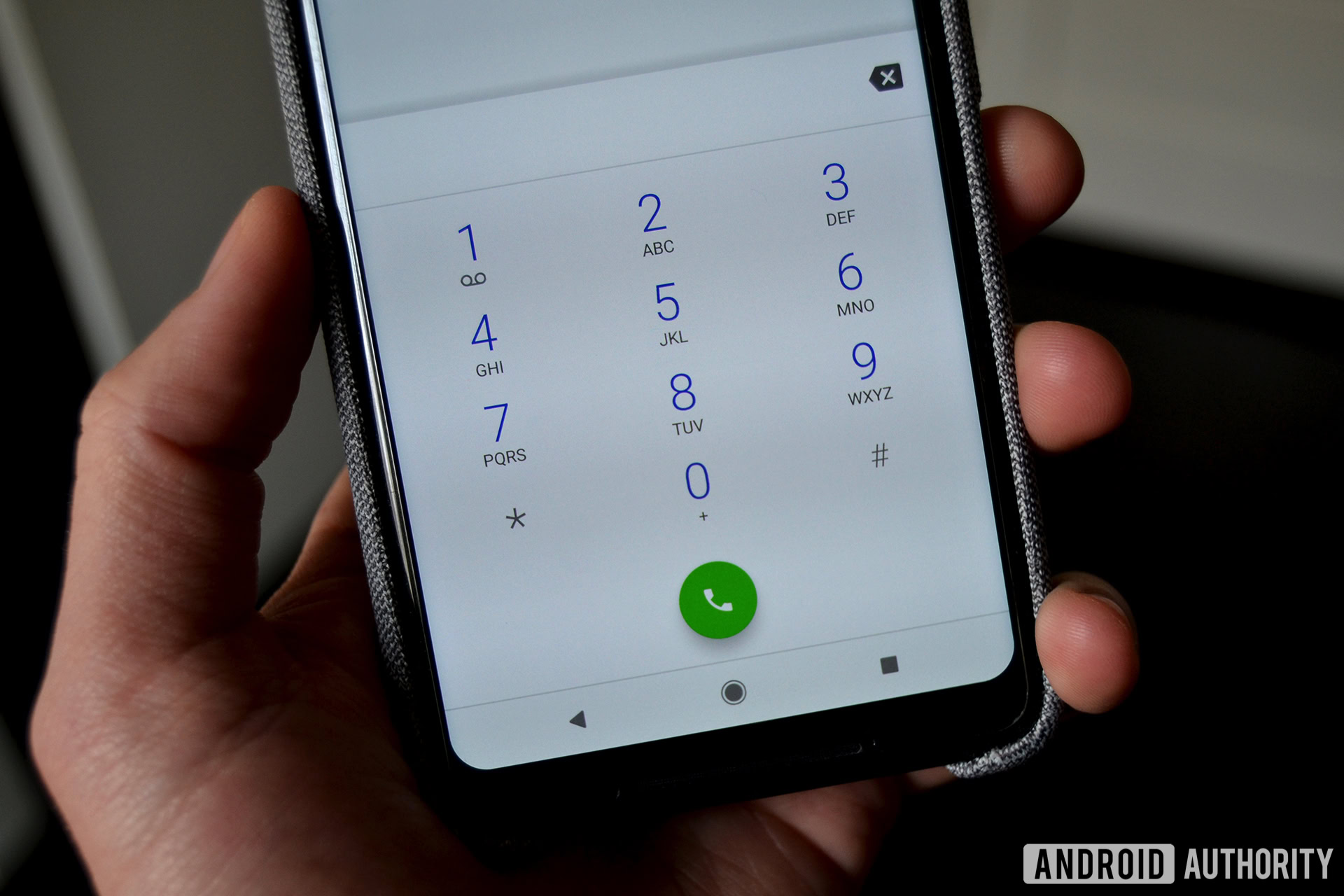Affiliate links on Android Authority may earn us a commission. Learn more.
Even the government hates robocalls, and they're finally doing something about it

In a statement published today, the Federal Communications Commission (FCC) approved a proposal that makes it easier for companies to block unwanted robocalls. All five commissioners approved the proposal, though two commissioners dissented in part.
The proposal allows carriers to automatically block calls “based on reasonable call analytics,” so long as customers are informed and have the chance to opt out. Carriers can also block calls from numbers not on a customer’s contact list, so long as customers are given the means to opt into the feature.
Lastly, the FCC advanced a proposal that requires carriers to implement a caller ID authentication system if they don’t do so by the end of 2019.

In a separate statement released today, FCC Chairman Ajit Pai cautioned that the proposal doesn’t completely solve the problem of robocalls. That said, Pai is “optimistic that all of these measures will meaningfully reduce the number of unwanted robocalls that Americans get.”
Partially dissenting the proposal, FCC Commissioner Michael O’Rielly said there are legitimate organizations using robocalls to provide consumers with “critical and time-sensitive information.” O’Rielly is concerned over the proposal possibly restricting or preventing such robocalls.
Also dissenting in part, FCC Commissioner Jessica Rosenworcel’s concerns lie in carriers possibly charging its subscribers for their use of robocall-blocking technology. Robocall solutions “should be free to consumers,” said Rosenworcel.
Regardless of the partial dissension, the FCC faces pressure from both consumers and politicians to come up with solutions to robocalls. U.S. citizens received over 30 billion spam calls in 2017, an average of 2.5 billion spam calls each month. To combat the issue, the U.S. Senate voted 97-1 to approve a bill which would make penalties for robocalls more severe.
NEXT: T-Mobile and Comcast have partnered to take on robocallers